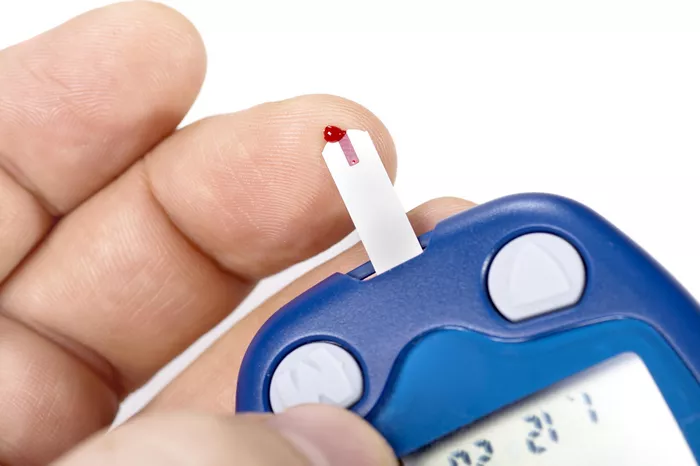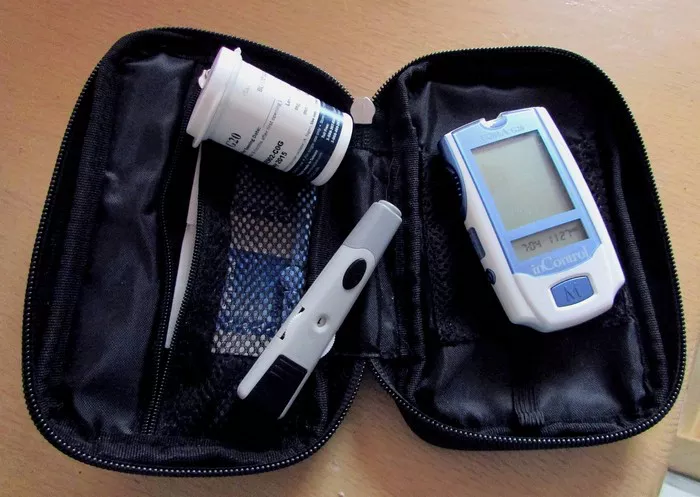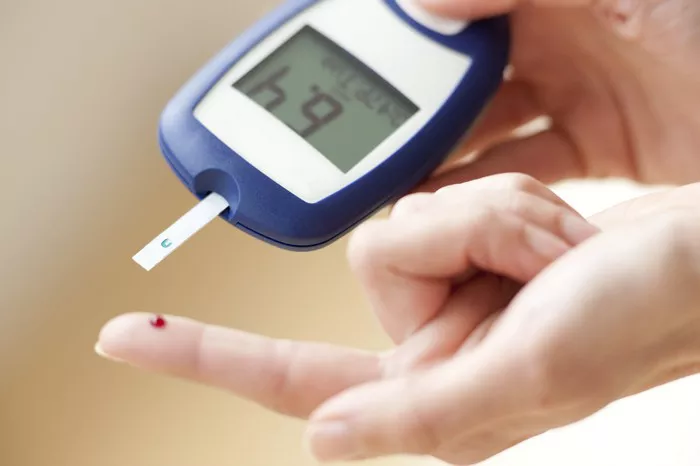Insulin resistance is a condition where the body’s cells become less responsive to the effects of insulin, leading to elevated blood sugar levels. It plays a significant role in the development of type 2 diabetes and other metabolic disorders. Insulin resistance interferes with the body’s ability to regulate glucose effectively, increasing the risk of complications such as cardiovascular disease and obesity-related conditions.
What Is Intermittent Fasting?
Intermittent fasting is an eating pattern that alternates between periods of fasting and eating. There are several methods of intermittent fasting, including the 16/8 method, which involves fasting for 16 hours and eating within an 8-hour window, alternate-day fasting, and the 5:2 diet, where individuals eat normally for five days and restrict calories on two non-consecutive days.
Mechanism of Intermittent Fasting
Intermittent fasting may impact insulin sensitivity and resistance through various physiological mechanisms. During fasting periods, the body switches from using glucose for energy to burning stored fat, leading to increased fat metabolism and ketone production. Additionally, intermittent fasting promotes autophagy, a cellular repair process that may improve insulin sensitivity and reduce inflammation. These changes contribute to enhanced glucose regulation and insulin sensitivity.
Research Evidence
Scientific studies and clinical trials have investigated the effects of intermittent fasting on insulin resistance, both in animal models and human subjects. Research findings suggest that intermittent fasting may improve insulin sensitivity, reduce fasting insulin levels, and lower blood sugar levels in individuals with insulin resistance or prediabetes. However, further research is needed to fully understand the long-term effects of intermittent fasting on metabolic health.
Benefits of Intermittent Fasting
In addition to its potential effects on insulin resistance, intermittent fasting offers other health benefits. These include weight loss, improved metabolic health markers such as cholesterol and triglyceride levels, and reduced inflammation. Some studies also suggest that intermittent fasting may promote longevity and protect against age-related diseases.
Safety Considerations
While intermittent fasting can be safe for many individuals, it may not be suitable for everyone, especially those with certain medical conditions or taking medications. It’s essential to consult with healthcare professionals before starting any fasting regimen, particularly for individuals with diabetes or metabolic disorders. Monitoring blood sugar levels and adjusting medication doses may be necessary during fasting periods to prevent hypoglycemia or other complications.
Tips for Implementing Intermittent Fasting
Incorporating intermittent fasting into daily life requires careful planning and consideration. Practical tips for success include gradually increasing fasting durations, staying hydrated, consuming nutrient-dense foods during eating windows, and listening to your body’s hunger cues. Meal planning and preparation can help prevent overeating or making unhealthy food choices during eating periods.
Start Gradually: If you’re new to intermittent fasting, begin by gradually increasing fasting durations. Start with shorter fasting periods, such as 12 hours overnight, and gradually extend the fasting window as you become more comfortable.
Stay Hydrated: During fasting periods, it’s essential to stay hydrated by drinking water, herbal tea, or other non-caloric beverages. Hydration can help curb hunger and support overall well-being during fasting periods.
Consume Nutrient-Dense Foods: When breaking your fast, focus on consuming nutrient-dense foods to fuel your body and support overall health. Choose whole foods rich in vitamins, minerals, fiber, and healthy fats, such as fruits, vegetables, lean proteins, whole grains, and nuts/seeds.
Listen to Your Body: Pay attention to your body’s hunger cues and signals of satiety. Eat until you feel satisfied during eating windows, and avoid overeating or consuming excessive calories. Trusting your body’s natural hunger and fullness signals can help promote a balanced approach to eating.
Meal Planning and Preparation: Plan your meals and snacks ahead of time to ensure that you have nutritious options available during eating windows. Preparing meals in advance, batch cooking, and having healthy snacks on hand can help prevent impulsive food choices and support adherence to your fasting regimen.
Be Flexible: While intermittent fasting typically involves designated fasting and eating periods, it’s essential to be flexible and adaptable to accommodate changes in your schedule or unexpected events. Allow yourself flexibility to adjust fasting windows as needed while maintaining consistency with your overall fasting protocol.
Potential Challenges
While intermittent fasting can be effective, it may present challenges such as hunger, fatigue, and social situations that revolve around food. Strategies for managing these challenges include staying busy during fasting periods, practicing mindfulness, and seeking support from friends, family, or online communities following similar fasting regimens. Flexibility and adaptability are key to overcoming obstacles and maintaining consistency with intermittent fasting.
Conclusion
Intermittent fasting shows promise as a strategy for managing insulin resistance and improving metabolic health. While research suggests potential benefits, it’s essential to approach intermittent fasting with caution and consult with healthcare professionals before initiating any fasting regimen, especially for individuals with underlying health conditions. By adopting a balanced perspective and embracing an individualized approach, individuals can explore the potential benefits of intermittent fasting while prioritizing their overall health and well-being.
Related Topics:
What Causes Low Blood Sugar Level?


























